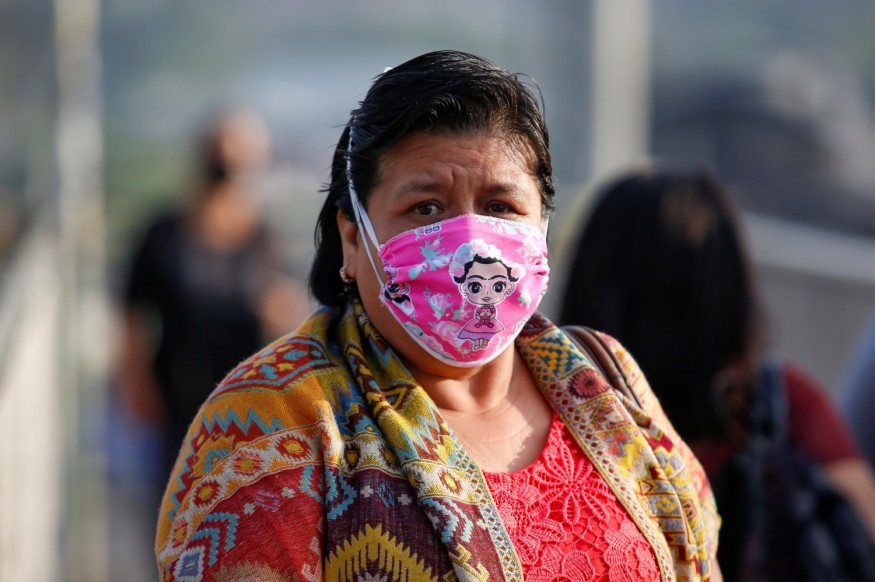Mounting Cases of Domestic Violence: A Chilling Consequence of Quarantine

All over Latin America, various women's groups pooled their resources into emergency responses to the rising cases of domestic violence during the pandemic. For instance, every day, there are at least two reported cases of women being killed in Colombia.
In Mexico, organizations that advocate for women's rights like the Brujas del Mar took to social media as a platform for victims in which victims ask for aid and assistance.
Femicide Is a Pandemic
Leader of Colombia's Femicide Observatory Marta Restrepo explained that the rising cases of domestic amid the stay-at-home orders were tragic and that to ignore this would only be backward-thinking. She added that she hoped the public would not tuck the news away and hide it, especially now "that violence against women becomes a public issue because of this surge."
On social media, Latin Americans launched several hashtags like #FeminicidioEsPandemia and #ViolenciaDeGenero. They both translate to "Feminicide is a pandemic" and "Gender-based violence."
The mayor of Colombia's capital, Bogota, confirmed from crime statistics that violence against women had risen by 225% since the beginning of the lockdown.
In response to reports like this, Colombian President Ivan Duque distributed funding for organizations to receive domestic violence calls in place of the police force since the latter had insufficient resources.
Leaders of the feminist organizations like Unda believe that the pandemic only exacerbates an already existing crisis among victims of abuse at home. In Latin America, countries are facing increasingly high rates of femicide and violence against women.
Arussi Unda, the founder of Brujas del Mar, organized Mexico's National Women's Strike last month. In an interview with Al Jazeera, she said, "We have killers and rapists walking all around us."
She also expressed her concern about the duration of the lockdowns since domestic violence has escalated exponentially in Latin America. She added that Mexico women were most especially affected since national law granted 98% impunity.
Check these out!
Number of Coronavirus Outbreaks in Mexican Facilities Is Alarming
Amid Protests, IMSS Has Announced to Spend Over Mex$5 Billion for Medical Supplies
The Side Effect of Lockdown
Across various studies, it has already been proven that the disposition of people during pandemics is providing a standard setting that aggravates cases of domestic abuse at home.
According to a study published in the Center for Global Development, Peterson and his fellow researchers documented factors during pandemics that could be attributed to violence against women and children.
Listed on their research were economic stress, social isolation, unrest from instability, exposure to exploitation, reduced access to health services, inability to escape, virus-specific sources of violence, exposure to violence in response, and violence against health workers.
The existing published and grey literature included events that were also likely to cause an increase in aggression were economic insecurity and stress brought by the global recession back in 2008 and natural calamities like earthquakes.
The biggest concern of Women's Refuge chief executive Ang Jury was the victims' lack of access to health and emergency services since more medical workers were deployed to prioritize the patients of coronavirus, and budgets were cut for discretionary procedures like a response to VAWC.
In an interview with the New Zealand Herald, Jury admitted that if other countries like China and France were any indication, then a response by authorities to domestic abuse cases would take too long, and by then, there would already have been too many cases.
Jury also explained that the pattern was a spike of activity at the start of the lockdown. "Then, a period of calm-before things begin to pick up dramatically as lockdown provisions ease."
Subscribe to Latin Post!
Sign up for our free newsletter for the Latest coverage!
© 2026 Latin Post. All rights reserved. Do not reproduce without permission.












